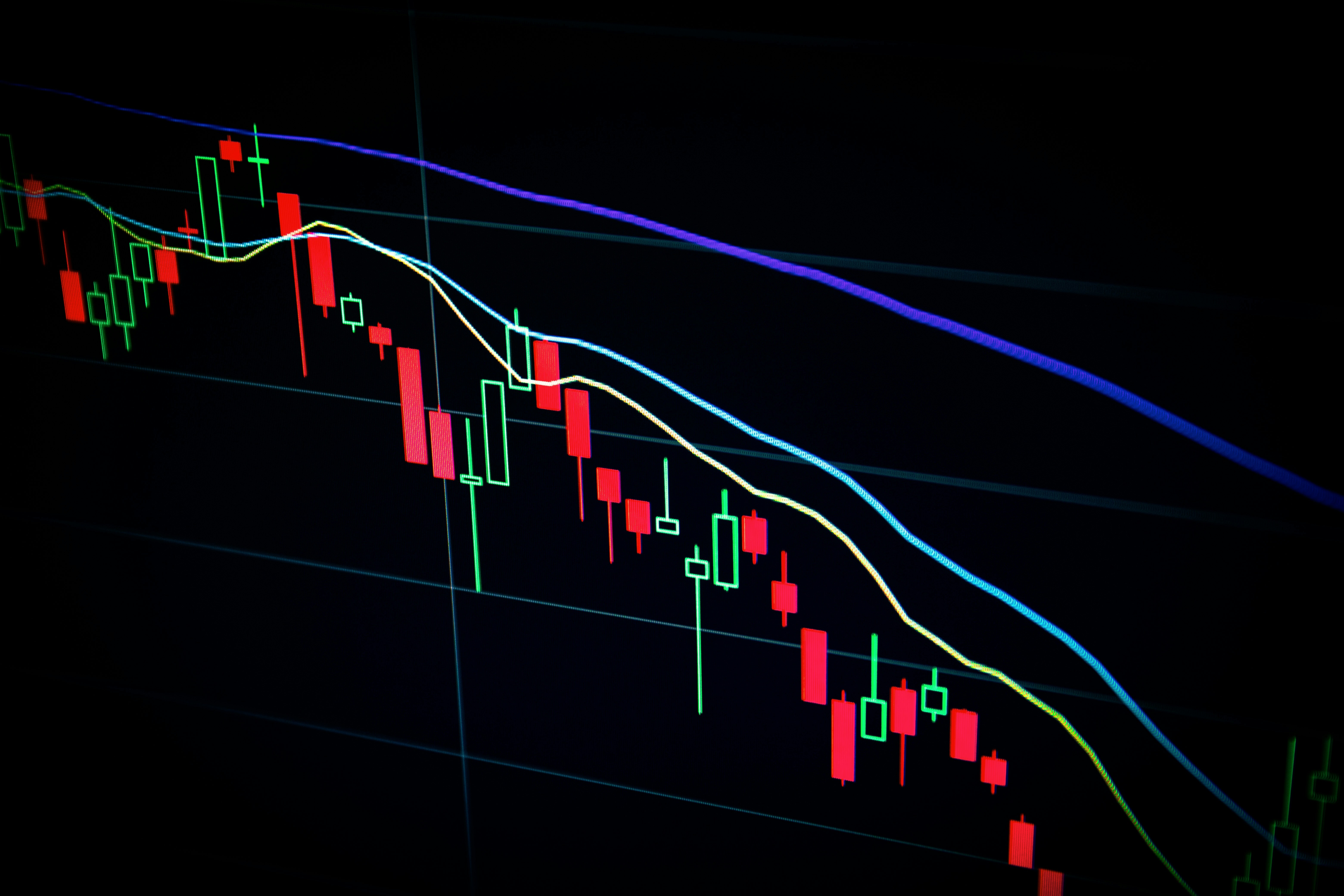Russia’s Economy: Current State and Future Outlook
Russia’s economy presents a complex picture in the wake of ongoing geopolitical tensions and international sanctions. This analysis provides an overview of its current state, key sectors, and potential future trajectories.
Unlock Your Moon ReadingPersonalized astrological video readings revealing your true path. Get Reading NowAffiliate link. Supports us at no extra cost. |
As an economist specializing in emerging markets, I’ll leverage my experience to provide balanced and insightful commentary.
Overview of the Russian Economy

The Russian economy is heavily reliant on natural resources, particularly oil and gas, which contribute significantly to its GDP and export revenues. Russia also has a substantial industrial base and a developing technology sector, though these are smaller in scale compared to the energy sector.
Key characteristics include significant state involvement, particularly in strategic sectors, and a relatively high level of income inequality. Historically, the Russian economy has been vulnerable to fluctuations in global commodity prices.
- Oil and Gas Dependency
- State-Controlled Sectors
- Income Inequality
Impact of Sanctions and Geopolitics
International sanctions, imposed in response to geopolitical events, have had a notable impact on the Russian economy. These sanctions have restricted access to international financing, limited technology imports, and disrupted trade flows.
The full impact of these measures is still unfolding, but they have contributed to increased inflation, currency volatility, and reduced economic growth. Geopolitical uncertainty continues to exert pressure on investment and business confidence.
The redirection of trade flows toward countries like China and India is a crucial adaptation strategy.
Key Economic Sectors and Performance
The energy sector remains a vital engine for the Russian economy, despite efforts to diversify. Other important sectors include agriculture, manufacturing, and the defense industry. Performance across these sectors has been mixed in recent years.
While the energy sector has benefited from high global prices at times, other sectors have struggled due to supply chain disruptions and reduced access to foreign technology. The agricultural sector has shown some resilience, boosted by import substitution policies.
Investment in technology and innovation remains a key priority, but progress has been hampered by sanctions and limited access to capital.
Future Challenges and Opportunities
Looking ahead, the Russian economy faces a number of significant challenges. These include navigating the ongoing impact of sanctions, managing inflation, and diversifying away from its heavy reliance on natural resources.
However, there are also opportunities for growth, particularly in developing new technologies, expanding trade with emerging markets, and improving domestic productivity. The ability to adapt to changing global circumstances will be crucial for the long-term economic health of Russia.
Focusing on internal markets and infrastructure development can mitigate some external risks.
In conclusion, the Russian economy is at a crucial juncture, requiring strategic policy decisions to navigate challenges and capitalize on potential opportunities for sustainable growth. Adapting to the new global landscape is paramount.
